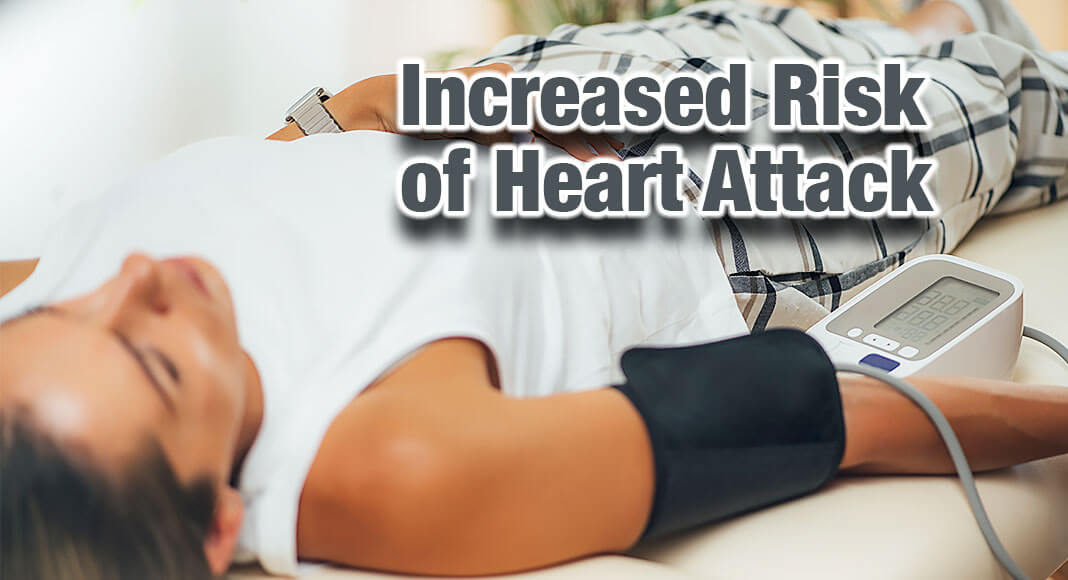
Mega Doctor News
By American Heart Association News
For young and middle-aged adults with high blood pressure, a substantial rise upon standing could mean they are at greater risk for heart attacks, strokes or other heart-related problems down the road, new research shows.
The study, published Thursday in the American Heart Association journal Hypertension, focused on changes in systolic blood pressure – the top number in the measurement that indicates the pressure exerted against artery walls when the heart beats. Typically, systolic readings fall slightly when a person stands up. The new research suggests an opposite reaction could signal future heart issues.
“This finding may warrant starting blood pressure-lowering treatment, including medicines, earlier in patients with exaggerated blood pressure response to standing,” study author Dr. Paolo Palatini said in a news release. He is a professor of internal medicine at the University of Padova in Italy.
Roughly half of all U.S. adults and 40% across the globe have high blood pressure, also called hypertension. It is considered the world’s most preventable cause of death. Middle-aged people with high blood pressure are five times more likely to experience impaired cognitive function and twice as likely to develop dementia or Alzheimer’s disease, according to AHA statistics.
In this study, researchers evaluated 1,207 Italian adults with untreated hypertension. None of the participants – nearly three-fourths of whom were men and all of whom were white – had taken blood pressure-lowering medication. None had diabetes, kidney problems or any other cardiovascular diseases. At the time of enrollment, participants were an average 33 years old.
Initially, blood pressure measurements were taken three times, while participants were lying down and then three times while standing. The same procedure was repeated two weeks later.
The 120 participants with the highest rise (top 10%) in blood pressure upon standing had an average increase of 11.4 in their systolic reading.
During 17 years of follow-up, participants experienced 105 major cardiovascular and kidney-related events, including heart attacks, chest pains and strokes.
Those with the biggest blood pressure hikes upon standing were almost twice as likely to experience some type of cardiovascular event. Compared to people whose pressure didn’t rise when standing, people in this group were more likely to be smokers but weren’t more likely to be overweight, obese or have a family history of heart disease. They also had better cholesterol levels.
Researchers measured stress hormones in a subset of 630 people and found their epinephrine/creatinine ratio was higher in the group whose blood pressure rose upon standing, compared to those whose blood pressure fell.
“Epinephrine levels are an estimate of the global effect of stressful stimuli over the 24 hours. This suggests that those with the highest blood pressure when standing may have an increased sympathetic response [the fight-or-flight response] to stressors,” said Palatini. “Overall, this causes an increase in average blood pressure.”
The findings suggest that for people with high blood pressure, measurements should also be taken upon standing, Palatini said, to tailor treatment and “potentially, a more aggressive approach to lifestyle changes and blood-pressure-lowering therapy.”









